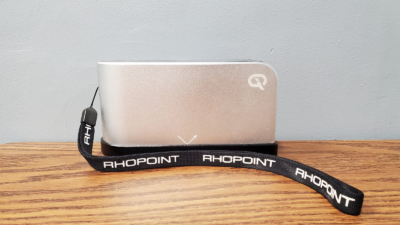Ensure Your Floors Comply With Specifications
Measuring the reflective qualities of polished concrete and other flooring surfaces is imperative in understanding if the gloss finish or surface roughness is compliant with project specifications. Understanding these values is becoming uniquely necessary in modern warehouse and distribution facility functionality. Often coupled with slip resistance testing, these characteristics provide a comprehensive picture of a completed floor installation.

MOORE QUOTES
Moore Engineering continues to help our company reduce costs through their engineering knowledge and expertise.
Scott Moore is undoubtedly one of the most serious, honest, and knowledgeable people in the business.
Moore Engineering provided reliable and accurate results in a professional manner, at an affordable price.